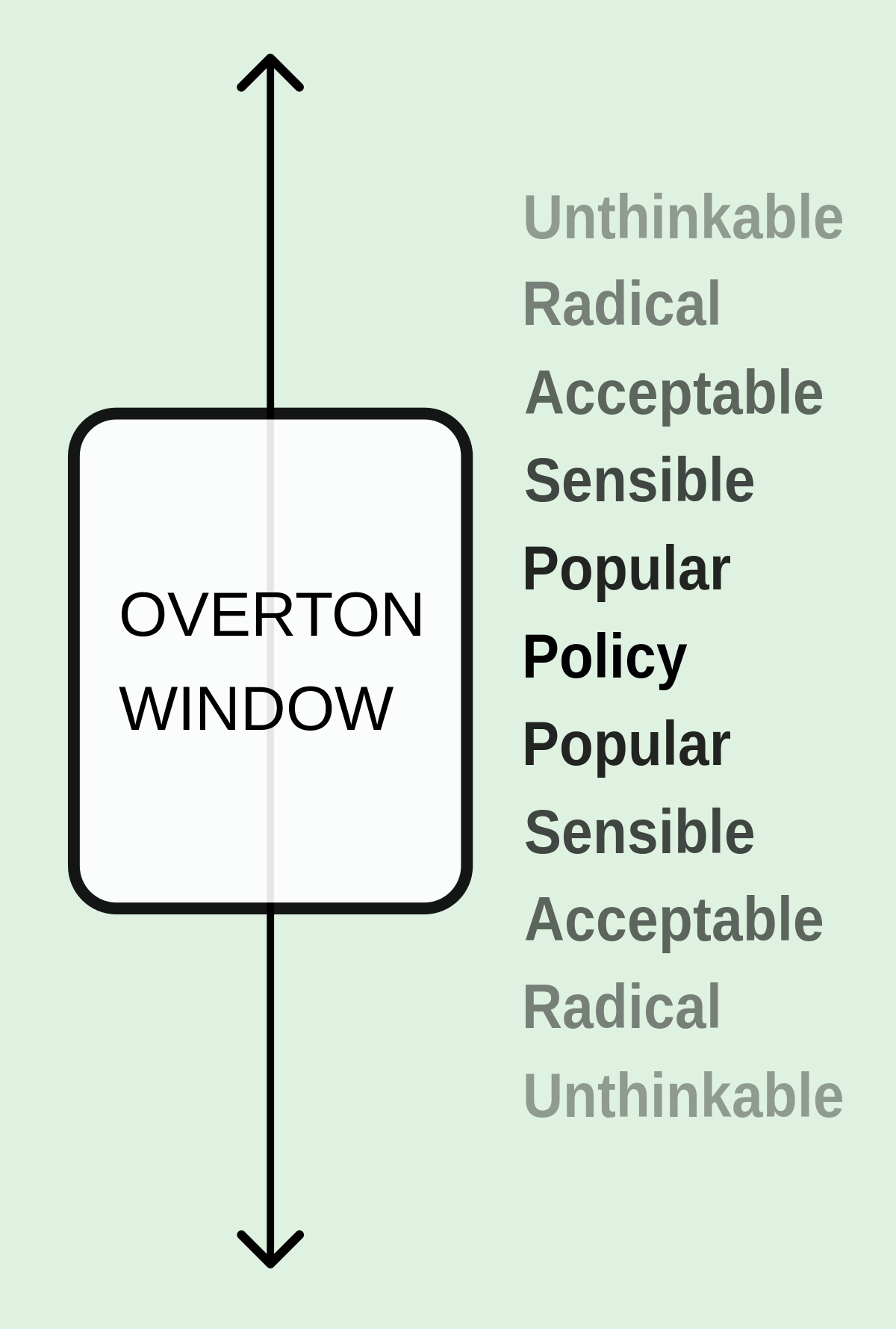So basically the posting adds up to: we need way more antennas, radar dishes and other random stuff poking out of our ships in all directions as the OP can not believe that in the time of ED sensors might actually be integrated into a ships body?
Now yea, i guess it makes sense. I mean, just imagine the potential. If some technology like that would be possible, we could manage to build fighter jets with integrated radar which could perhaps even go almost as fast as the speed of sound or possibly even faster. Madness. This will never happen. Oh, wait...
Two points of contention here:
1. When I acquire a planet in FSS, I acquire it visually, and in great detail. In order to acquire something visually, you need line of sight. Now, I understand the 'sensors' line, but if it was just translating what sensors saw, then we wouldn't be getting a true look at the object, but a representation of it, at best a holographic or wireframe represenatation, rather than seeing the object as it truly is. There are laws of physics that simply cannot be broken. I believe it's done this way to simplify the coding of the game, not necessarily to simplify gameplay. It does, however, result in simplified gameplay that allows me to see a stellar object regardless of whether or not I have line of sight to it, and regardless of the systems being used to 'see' it, even though it resembles a telescopic system.
2. We don't know what technology will be like a thousand years from now, so any assumptions on the basis of "in the future, we'll have...." are baseless. This game is a fictional emulation of a possible future, nothing more. And it is a game that functions according to a unique set of rules. This is the thing that people aren't getting, and part of why I made this post to begin with.
I see, all over the forums, people ranting on and on about what 'is and isn't realistic' as if they know what things will be like a thousand years from now. Everyone's assuming that technology will get better, even to the point of being virtually magical. Maybe it will, maybe it won't get much better than it is now because maybe we're already sitting on a tech peak and the only thing we have left to accomplish is interstellar travel. Or, maybe we'll nuke ourselves back to the stone age and lose everything. You don't know, I don't know. What I DO know is how things actually work right now, and how that might actually get better in the future. For example, with the right optics, we can now get pictures of black holes that are 50 million light years away. They have to be sufficiently large, but even at that size, that's a really long way away.
We can't get those pictures, however, if there is a planet in the way, so we have to wait until earth is facing in the right direction to get them. I don't see why this shouldn't be a consideration for acquiring visual contact on stellar bodies when we are exploring, but where are the optics on our ships? And if it really is just sensors doing the work, then why are we getting perfect highly-detailed visuals on these bodies when we're zoomed in on them? Is the system constructing the image for our benefit? What a waste of processing power that is.
But, of course, all my arguments boil down to how things actually work, and how I think they should work. My argument has, in that sense, already been countered sufficiently. But not by you.

